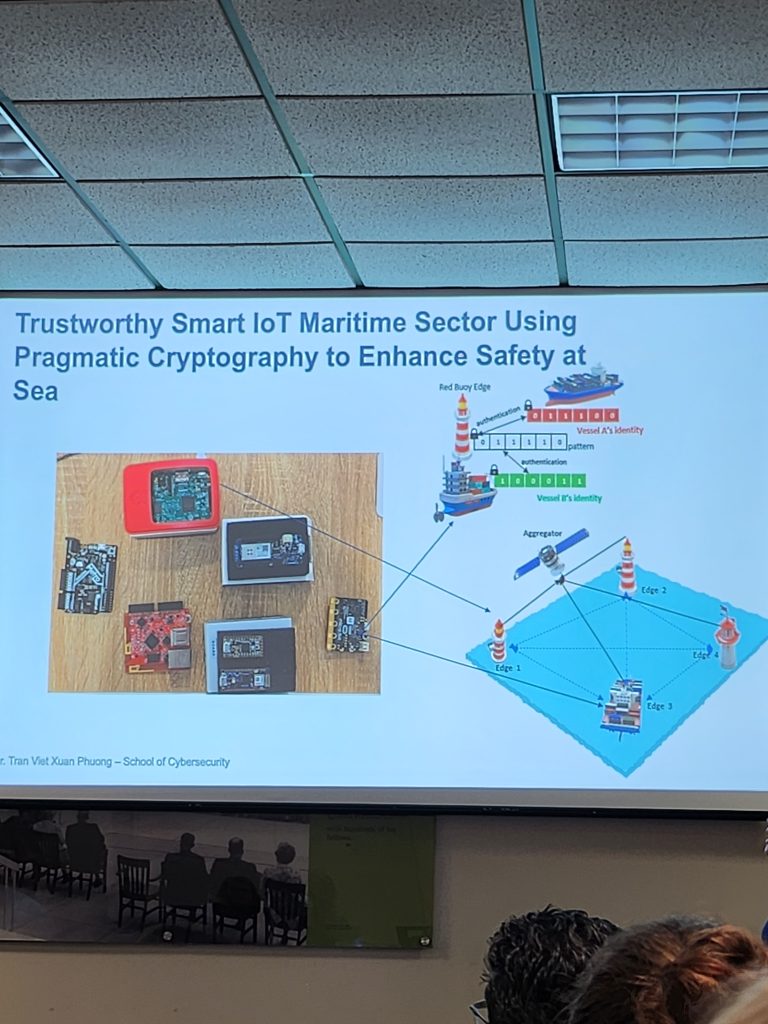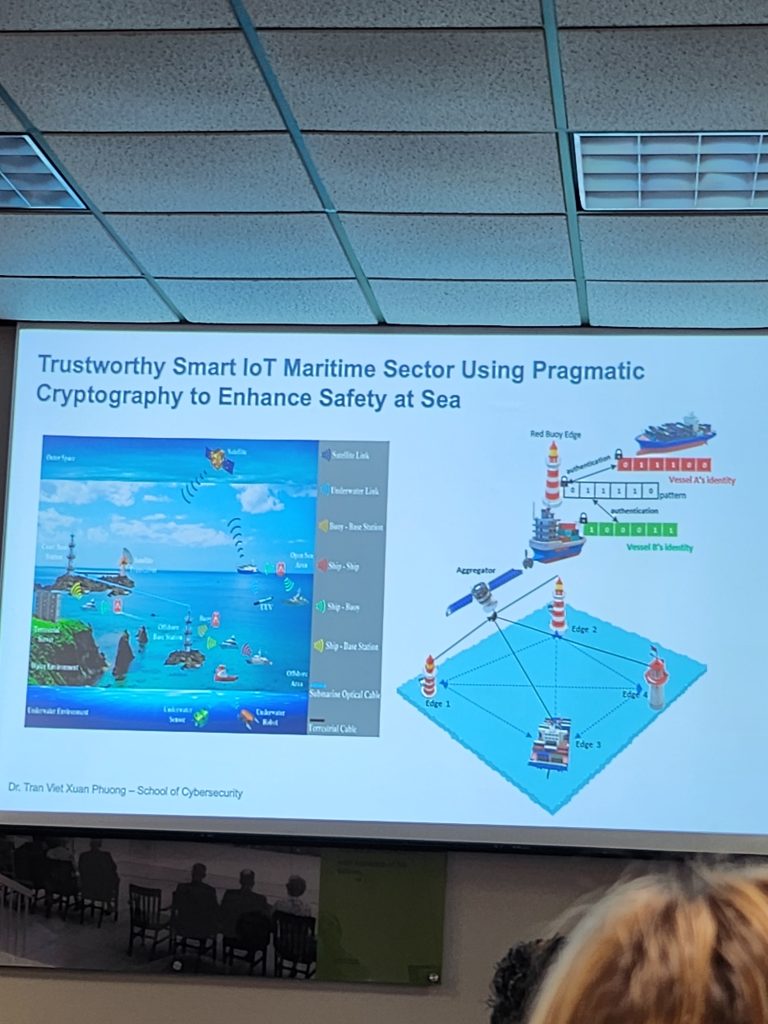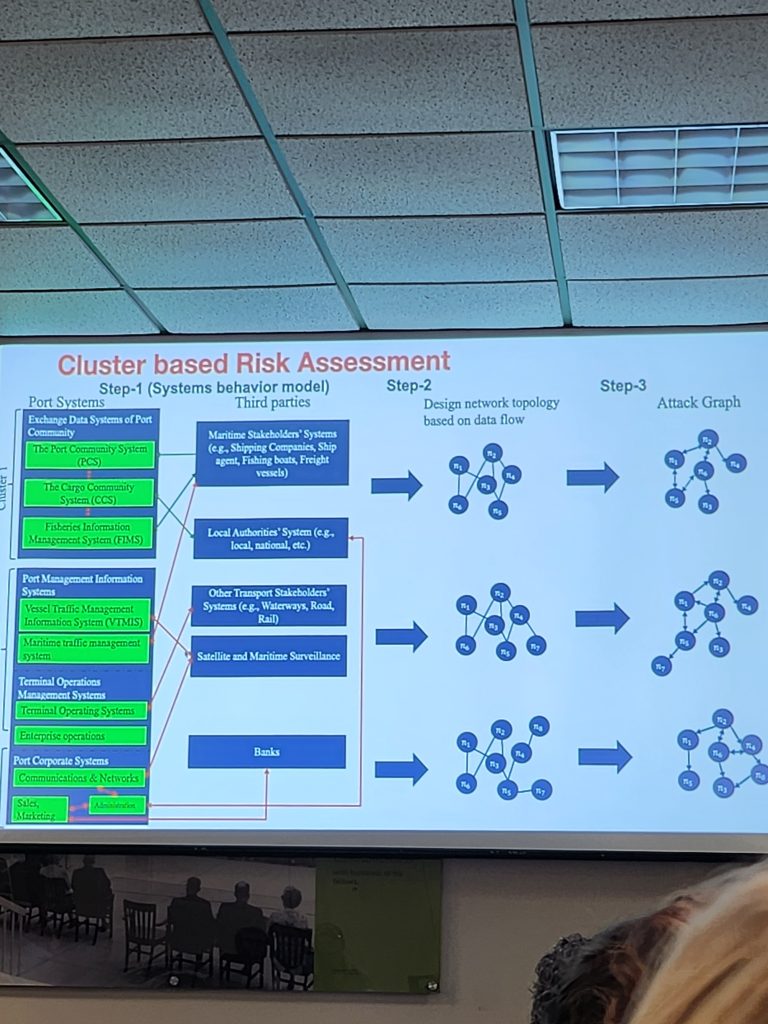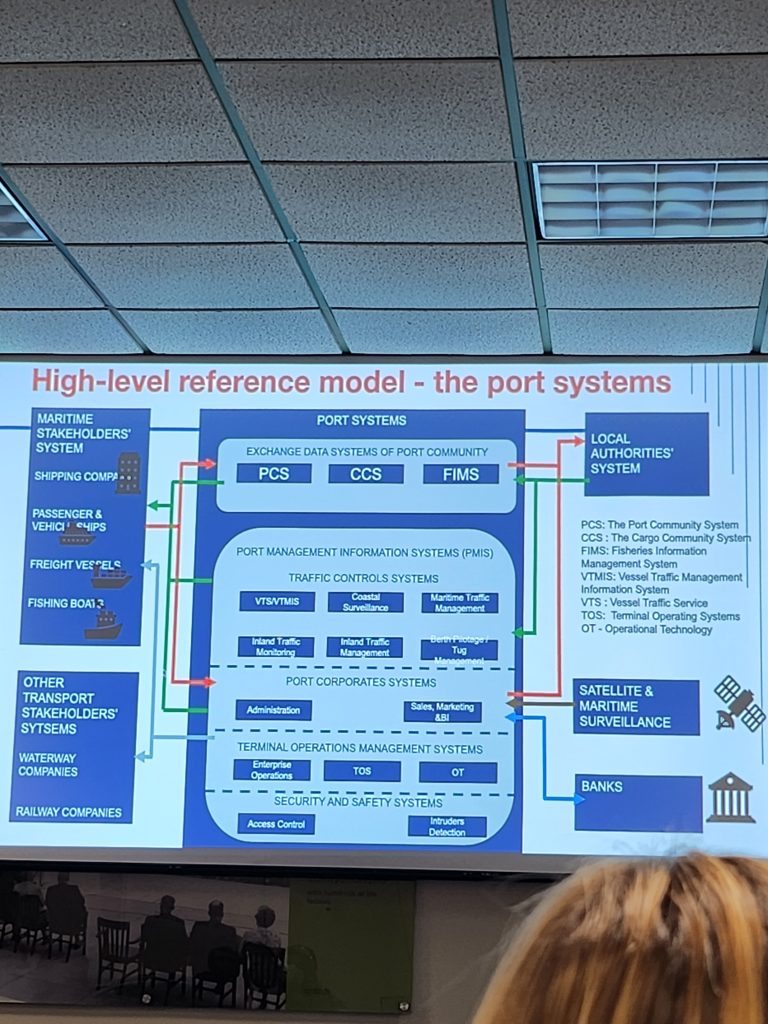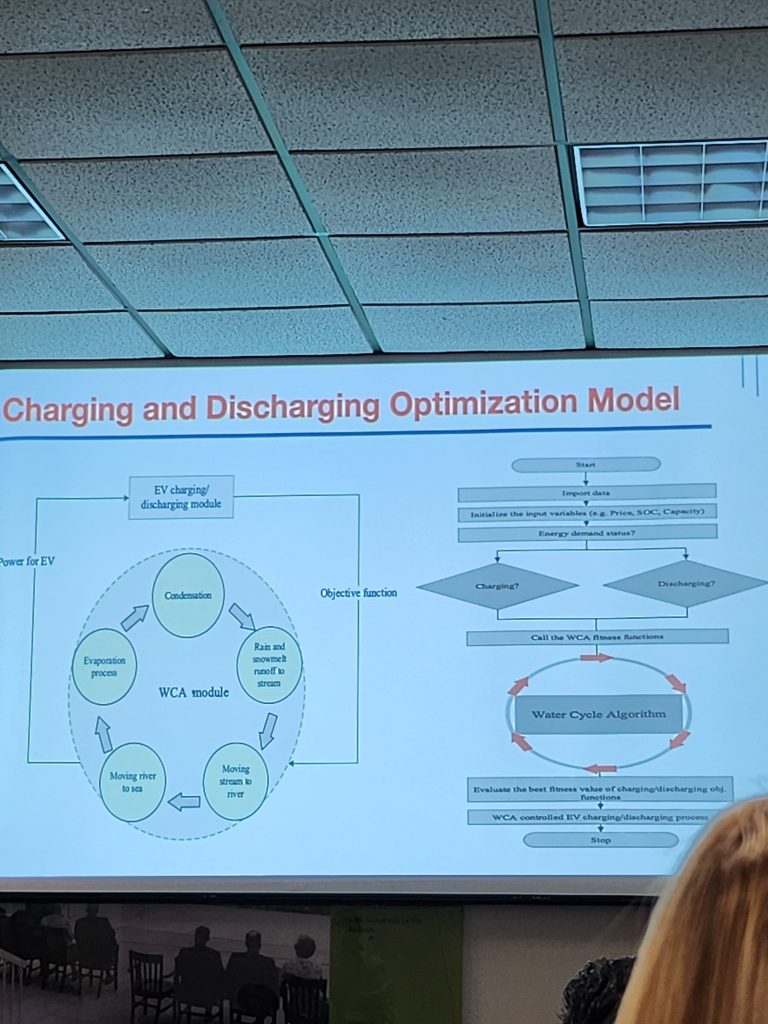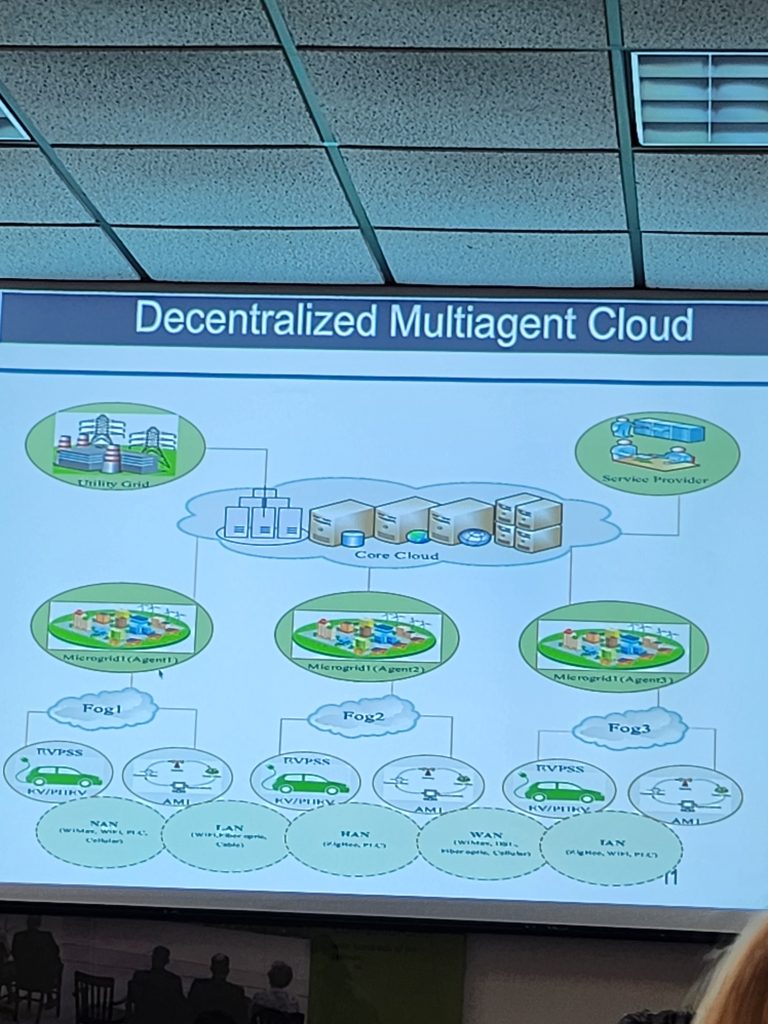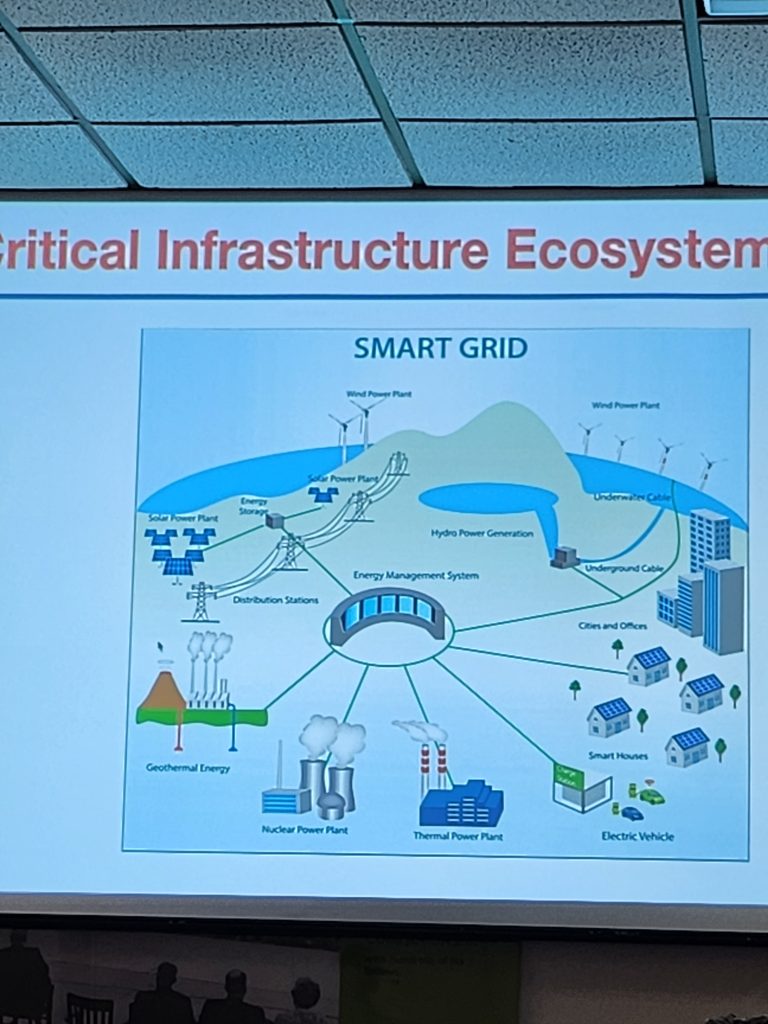The presentation that I attended is Applications of Cybersecurity in Critical Infrastructure: An AI Supply Chain Perspective, hosted by Rafael Diaz with Co-Hosts Dr. Lida Haghnegahdar, Dr. Bikash Singh Chandra, and Dr. Tran Viet Xuan Phuong. What I learned was that Multiagent Reinforcement Learning (MARL) is used to speed up the risk assessment process and since the nature of attacks can vary, MARL can adapt its ability to deal with the various attacks using cluster-based risk assessment and high-level reference models. How this presentation related to cybersecurity and social sciences is with relativism, AI is constantly growing and changing and we have to figure out how to keep it positive so that those with bad intentions don’t use it for negative outcomes. Objectivity relates to it because it relates to how AI should handle supply chains and how they should be programed to do so. It’s related to parsimony because with how AI is advancing, we should demonstrate how it works in a simplified manner to those who don’t understand it. It relates to empiricism because with the risks that come, those who see them should only form opinions on their own instead of basing their own off of someone else’s. When relating to ethical neutrality, it relates to how the AI will use the data that it’s given or the data that’s collected to ensure it’s not used unethically to where it hurts someone or a company. And lastly, to relate to determinism, it relates based on how the people who run the AI and how the AI will interact with the data they’re given. If the group of people use the AI in a positive manner, the AI will react in a positive manner and things will go smoothly whereas if it were used negatively, there will be a negative reaction.
Here are some images I took of the presentation:
